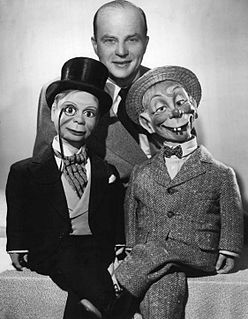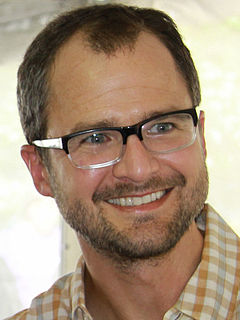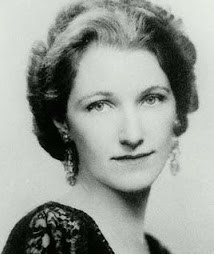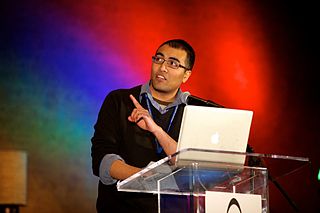A Quote by Edgar Bergen
I was asking Charlie the most important questions, and you heard the answers.
Related Quotes
If you don't put the spiritual and religious dimension into our political conversation, you won't be asking the really big and important question. If you don't bring in values and religion, you'll be asking superficial questions. What is life all about? What is our relationship to God? These are the important questions. What is our obligation to one another and community? If we don't ask those questions, the residual questions that we're asking aren't as interesting.
Most people believe that great leaders are distinguished by their ability to give compelling answers. This profound book shatters that assumption, showing that the more vital skill is asking the right questions…. Berger poses many fascinating questions, including this one: What if companies had mission questions rather than mission statements? This is a book everyone ought to read—without question.
Indeed, the only truly serious questions are ones that even a child can formulate. Only the most naive of questions are truly serious. They are the questions with no answers. A question with no answer is a barrier that cannot be breached. In other words, it is questions with no answers that set the limit of human possibilities, describe the boundaries of human existence.
Myths, whether in written or visual form, serve a vital role of asking unanswerable questions and providing unquestionable answers. Most of us, most of the time, have a low tolerance for ambiguity and uncertainty. We want to reduce the cognitive dissonance of not knowing by filling the gaps with answers. Traditionally, religious myths have served that role, but today — the age of science — science fiction is our mythology.
If you don't understand, ask questions. If you're uncomfortable about asking questions, say you are uncomfortable about asking questions and then ask anyway. It's easy to tell when a question is coming from a good place. Then listen some more. Sometimes people just want to feel heard. Here's to possibilities of friendship and connection and understanding.
In studies asking why young people left their family religion, their most frequent response was unanswered doubts and questions. The researchers were surprised: They expected to hear stories of broken relationships and wounded feelings. But the top reason given by young adults was that they did not get answers to their questions.



































